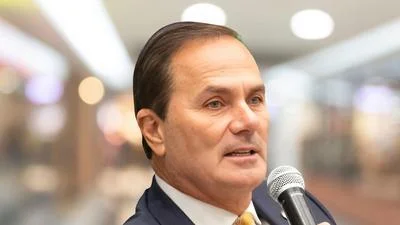Kent Lassman, CEO of Competitive Enterprise Institute | Wikipedia
Kent Lassman, CEO of Competitive Enterprise Institute | Wikipedia
The Competitive Enterprise Institute (CEI) has publicly opposed proposed credit card price controls, announcing its stance on the social media platform X on January 29.
According to CEI, the Credit Card Competition Act (CCCA) is mischaracterized and operates as a form of price control that could disrupt the credit market. The institute argues that the Act requires credit card issuers to provide multiple unaffiliated payment network options, which could potentially undermine proprietary security features and consumer choice. CEI contends that such regulations might prevent banks and credit unions from accurately assessing creditworthiness, ultimately harming consumers. This perspective is elaborated in a coalition letter published by CEI on March 26, 2025.
In a news release dated February 4, 2025, CEI expressed concerns regarding proposed legislation to cap credit card interest rates at 10 percent. John Berlau, CEI's Director of Finance, said that such caps would not eliminate the need for credit but would instead restrict access, pushing consumers toward less favorable options like payday loans or pawn shops. Berlau emphasized that consumers should have the autonomy to choose credit cards if they accept the associated interest charges.
CEI references historical data to argue against reintroducing interest rate caps. They note that prior to 1980, the Federal Reserve's Regulation Q imposed such ceilings, leading to adverse effects on depository institutions and small savers. The institute cites a document from the Federal Reserve Bank of St. Louis concluding that these ceilings did not increase the supply of residential mortgage credit and created problems for financial institutions. CEI suggests that reinstating similar caps could replicate past financial distortions.






 Alerts Sign-up
Alerts Sign-up